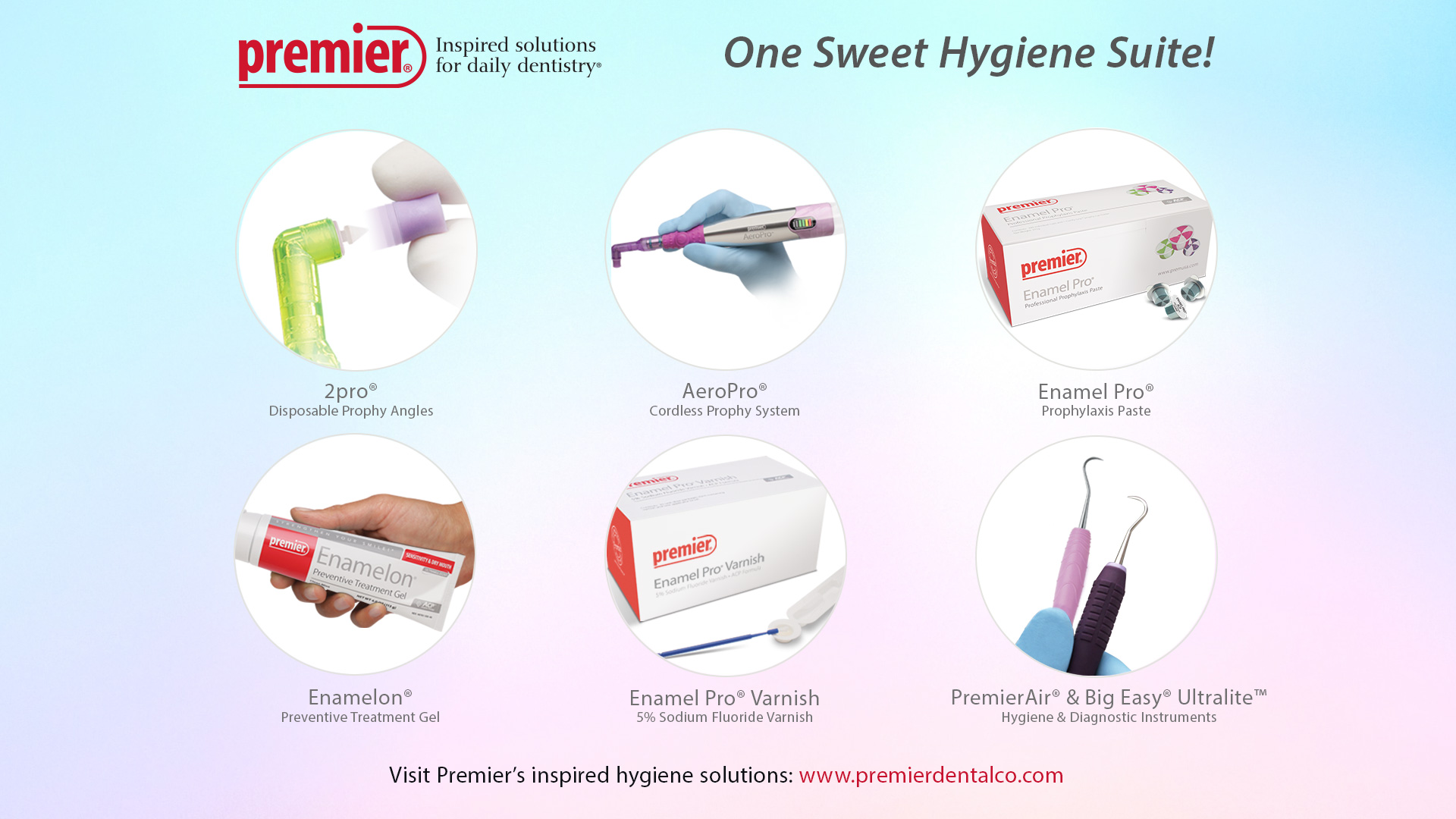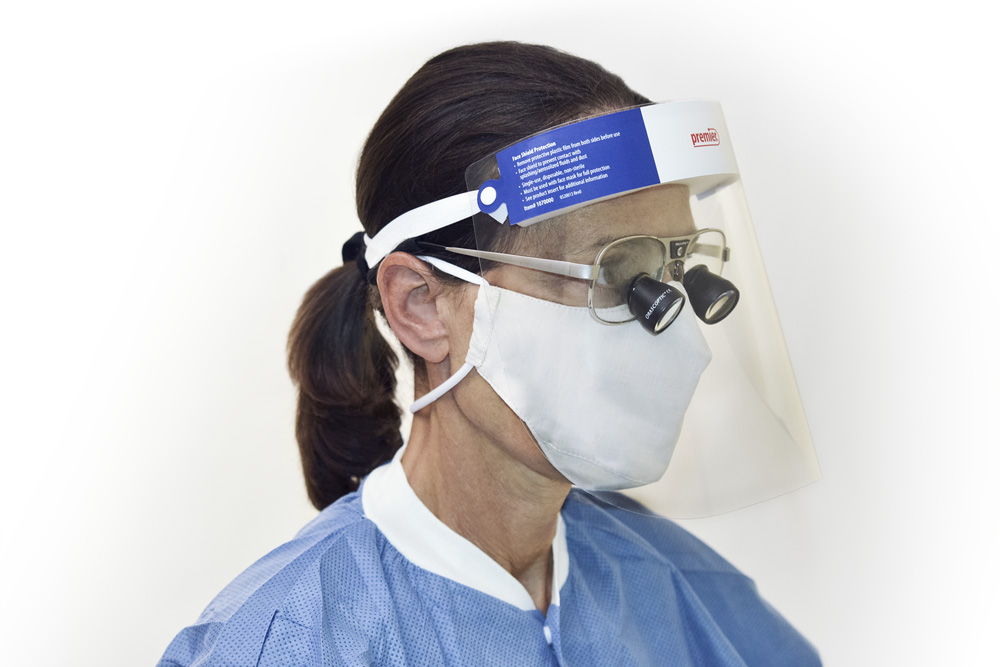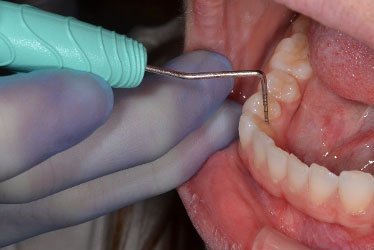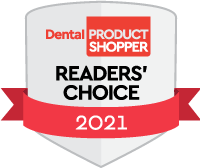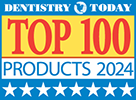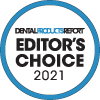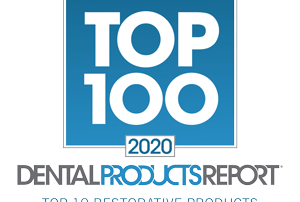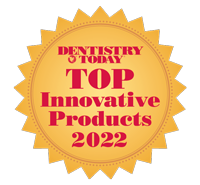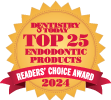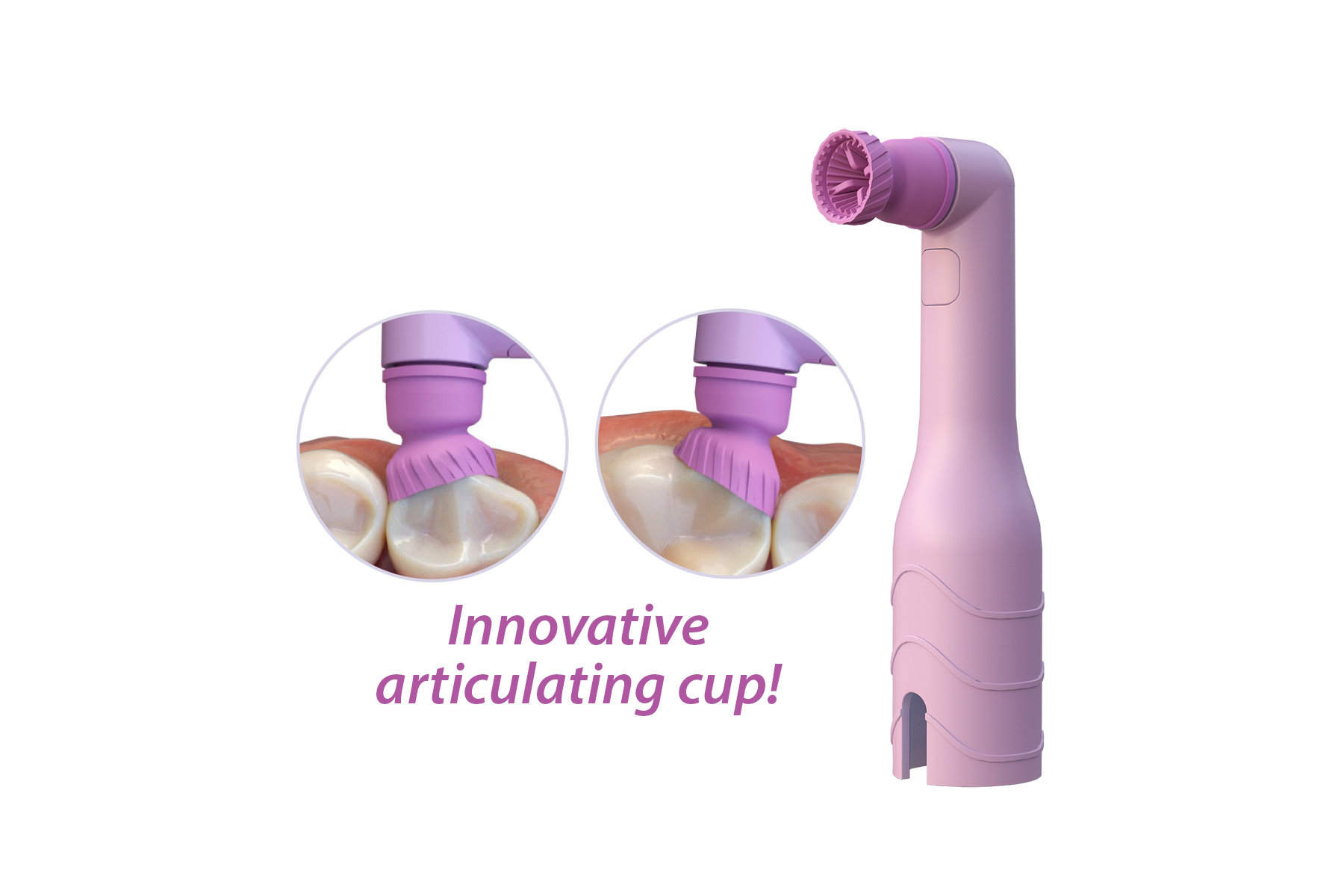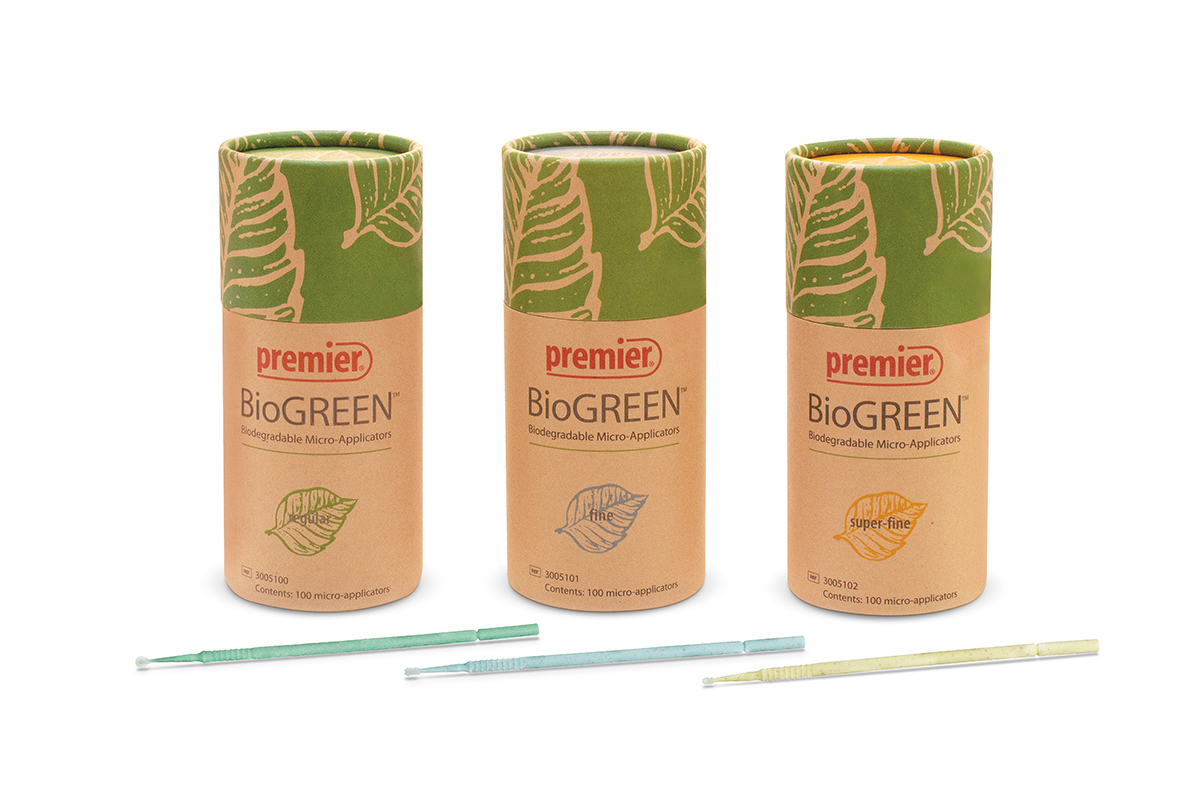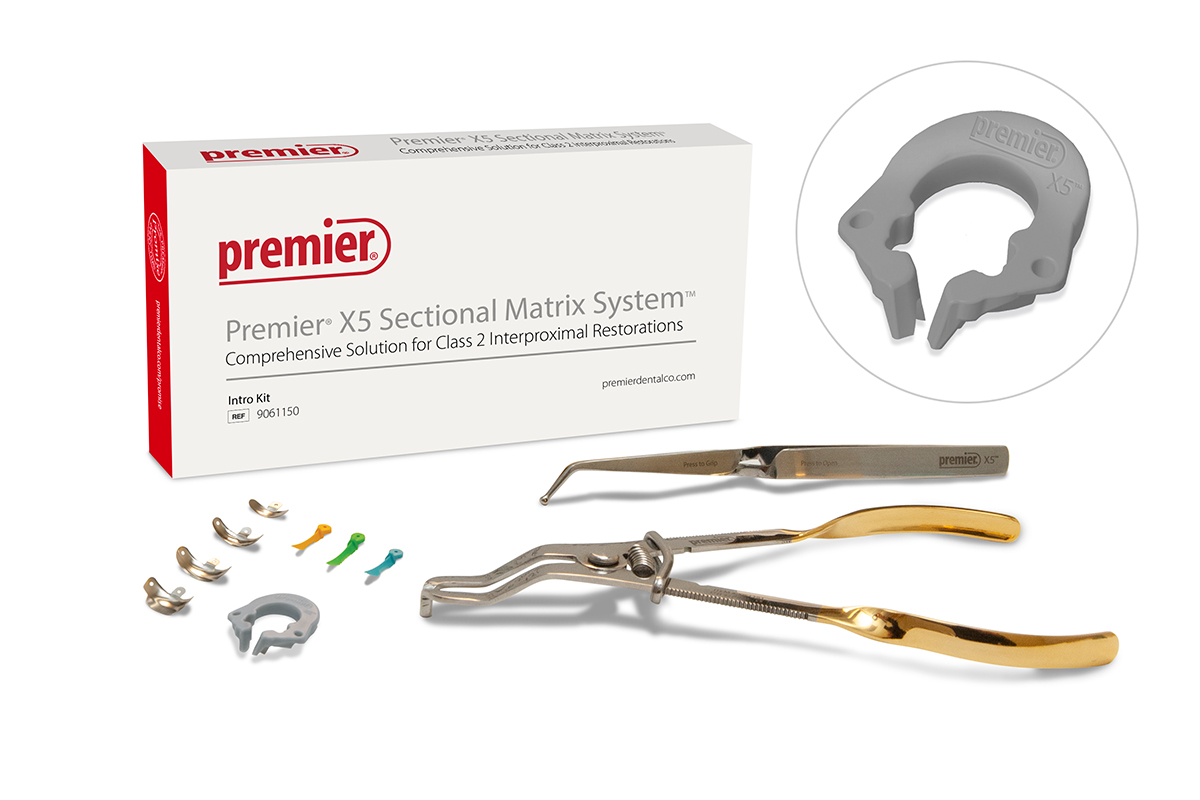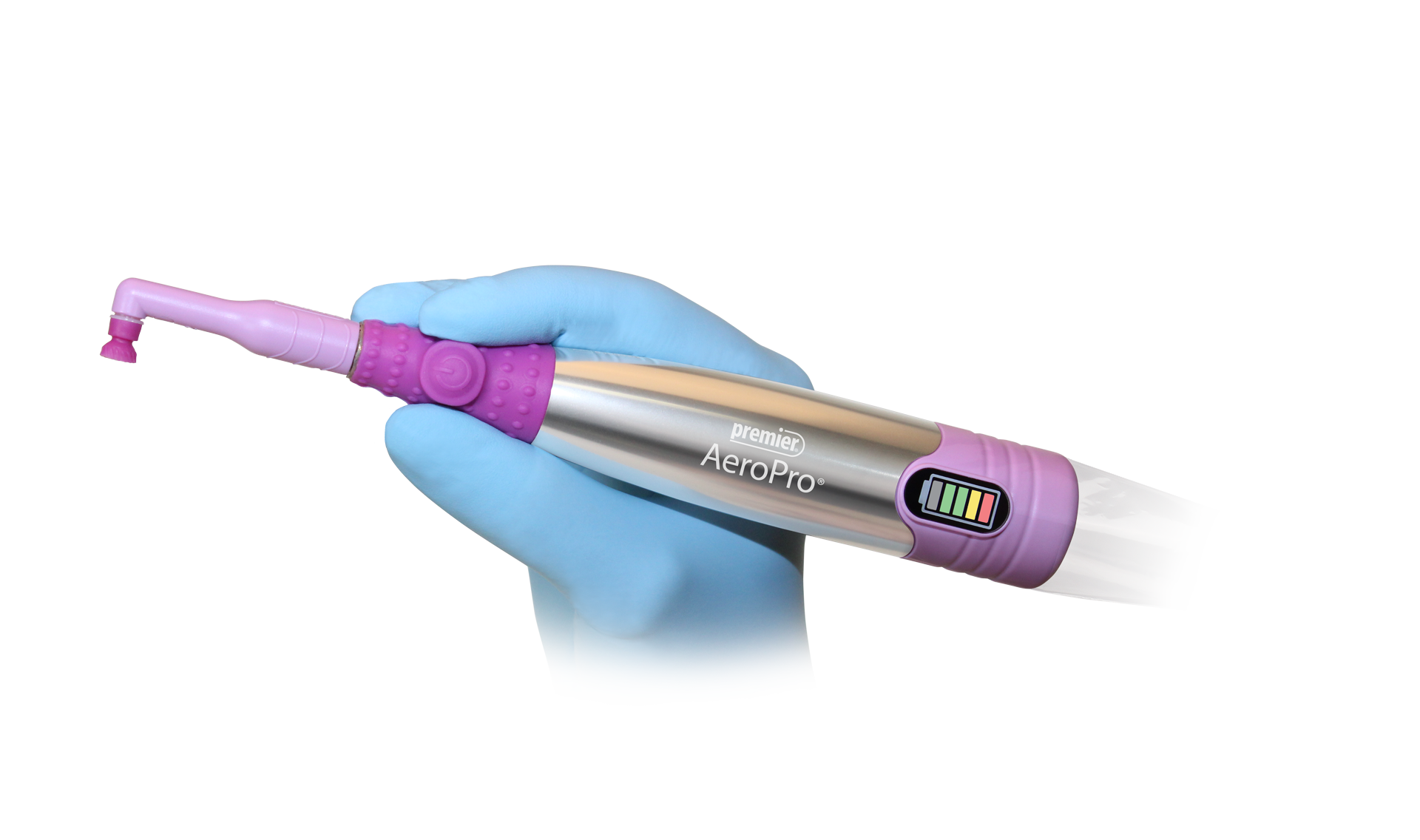February 22, 2021
By: Lil Caperila, RDH, M.Ed.
There is a growing increase of dental hygienists in the U.S. who are moving outside the walls of private practice to deliver preventive dental hygiene treatment for the underserved population.
For example, in my state of Pennsylvania, a licensed dental hygienist can apply for a certificate to work as a (PHDHP) Public Health Dental Hygiene Practitioner after they document working as a hygienist for 3600 hours under the supervision of a dentist. Additionally, it is mandatory to carry professional liability insurance according to the state regulations.1 After attaining this license, a dental hygienist may practice in approved non-traditional settings without the direct supervision of a dentist and these individuals should always refer to the Pennsylvania regulations.
This brings a dental care provider directly to the residents who are incapable of reaching privatized dental care or cannot afford these services in a traditional fee-for-service dental practice.
Alternative settings in the near future will include specialized dental hygienists capable of bringing palliative oral care to homebound hospice clients, high risk patients in medical and pediatric practices, prenatal and oncology units just to name a few.
What does this mean to a dental hygienist with the desire and skill set to bring essential oral healthcare to the underserved and/or medically-compromised individuals? It means MOBILITY!
According to Melissa Turner, “thinking like an entrepreneur is a vital step in pursing mobile services.”2
A dental hygienist who seeks a new direction in delivering care outside the traditional setting may even consider a proposal to extend their services and maintain employment with their present employer. This provides an extension of care and convenience to those patients who face obstacles in accessing the office.
Nonetheless, hygienists who choose to practice as an independent oral health practitioner and expect to build their mobile delivery system, it’s beneficial to frame out their wish list of supplies. This means that the best preparation for this hygienist would be to develop a list of essential products that support their services. If any items are reusable and require sterilization, it would be prudent to coordinate the maintenance of those supplies with a referring dental practice, local hospital or private ownership of an ultrasonic bath and autoclave within their home base.
To learn more about “mobile dentistry & dental hygiene” there are Facebook discussion groups and national conferences dedicated specifically to this area of discipline.
American Mobile Dentistry Alliance
National Mobile Dentistry Conference
I Heart Mobile Dentistry Facebook Group
References:
2. Turner M. Aspects of Mobile Dentistry for the Dental Hygienist: Thinking like an entrepreneur. RDHMAG.com: June 2020; pp10-13.


